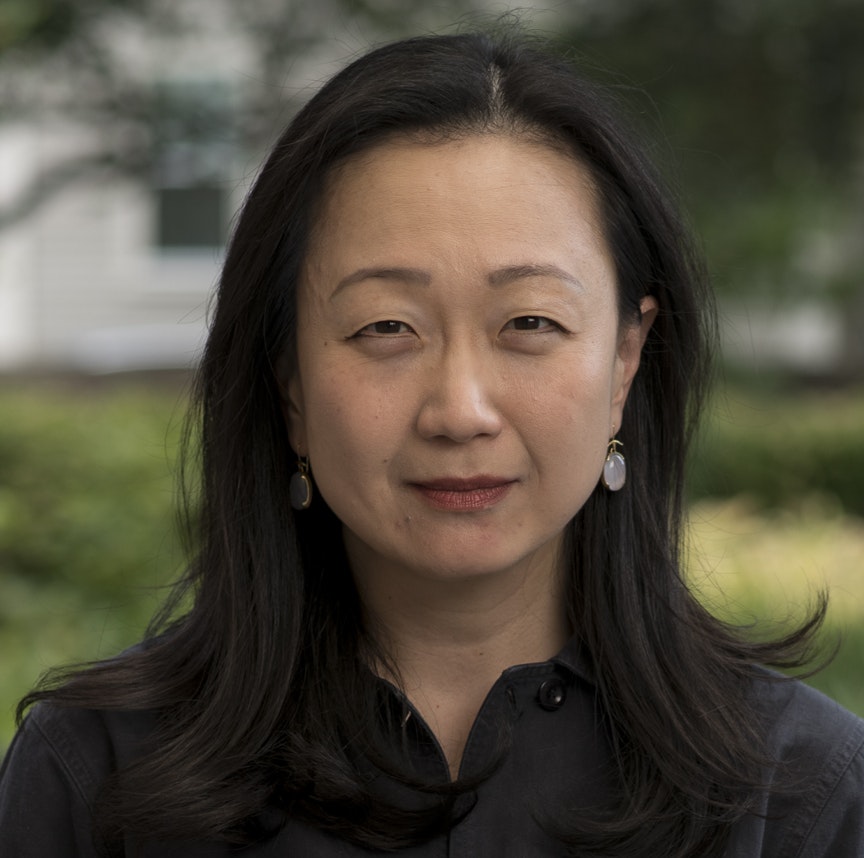Pachinko by Min Jin Lee
 ‘Pachinko is a foolish game, but life was not.’
‘Pachinko is a foolish game, but life was not.’
Our book this month was “Pachinko”, by Min Jin Lee, an American Korean who spent time in Japan with her husband. This was one of the most popular choices among writers offering their summer choices to the Irish Times and a runner-up to the National Book Award for Fiction 2017.
Pachinko is a game of chance – a cross between pinball and slot machines in which the managers tilt the pins to make more money. Popular in Japan, but disreputable because of its element of gaming, Pachinko halls were often one way for Korean immigrants to make money, as do three of the main characters in the novel. The title of the book is literal but also metaphoric – life is like the game of Pachinko, especially for despised immigrants like the Koreans in Tokyo.
The novel is a saga spanning more than seventy years and following four generations of a Korean family. It starts in a village by the sea in Korea soon after its colonization by the Japanese. Sunja, the main character in the novel, helps her widowed mother run a small boarding house. Three lodgers in the bedroom at night, three others during the day. Life is hard but they have enough and are content. Things change for Sunja when, as a seventeen year old, she is seduced by Hansu, a wealthy man who is a Yakuza or gangster, by whom she becomes pregnant. She is rescued by the young and virtuous Christian minister, Isif, who marries her and takes her to Japan to join his brothers there.
Here they live as an extended family in a Korean ghetto with Isif’s brother and sister-in-law. Sunja gives birth to Hansu’s son Noa, and then Isif’s son Mosagu.
They are a contented but hard-working family until isif is imprisoned, tortured and dies for his Christian faith. Sunja and her sister-in-law work hard to support the family, selling kimchi in the market. But Hamsu is watching over Sunja and his son Noa, and when war comes he moves them to a place of safety in the countryside and brings over Sunja’s mother from Korea.
The novel then follows Sunja’s sons as they grow up – academic, sensitive Noa and easy-going entrepreneurial Mosagu. Unknown to them, Hansu is in the background as they struggle to survive in the face of Japanese racism. The final section of the book centres on Mosagu’s son Solomon, clever, privileged, educated in a school for Westeners and sent to an American university. Along the way, we see what happens when Noa finds out who his father is and we watch the family move from poverty to affluence, but still subjected to Japanese prejudice. Even Solomon must have his visa renewed every third year.
This is a long novel, bringing in many other characters. It is a novel featuring hard work and suffering, but what redeems it is the warmth of the relationships and the way in which the characters support one another. Some found the novel disjointed as it moves from year to year and draws in so many characters, but I found the strength of Sunja provided unity.
Told by an omniscient narrator, the novel is an enjoyable immersive read, although my interest waned for the last section where Kim Jin Lee shows the changes in a traditional way of life and the loosening of sexual mores. Her extensive research brings the places and people to life.
We enjoyed the book, but we recommend allowing time to read it. Although it is about the Japanese Koreans, it is a reminder of the plight of displaced people and outsiders everywhere.
Heather Mines

